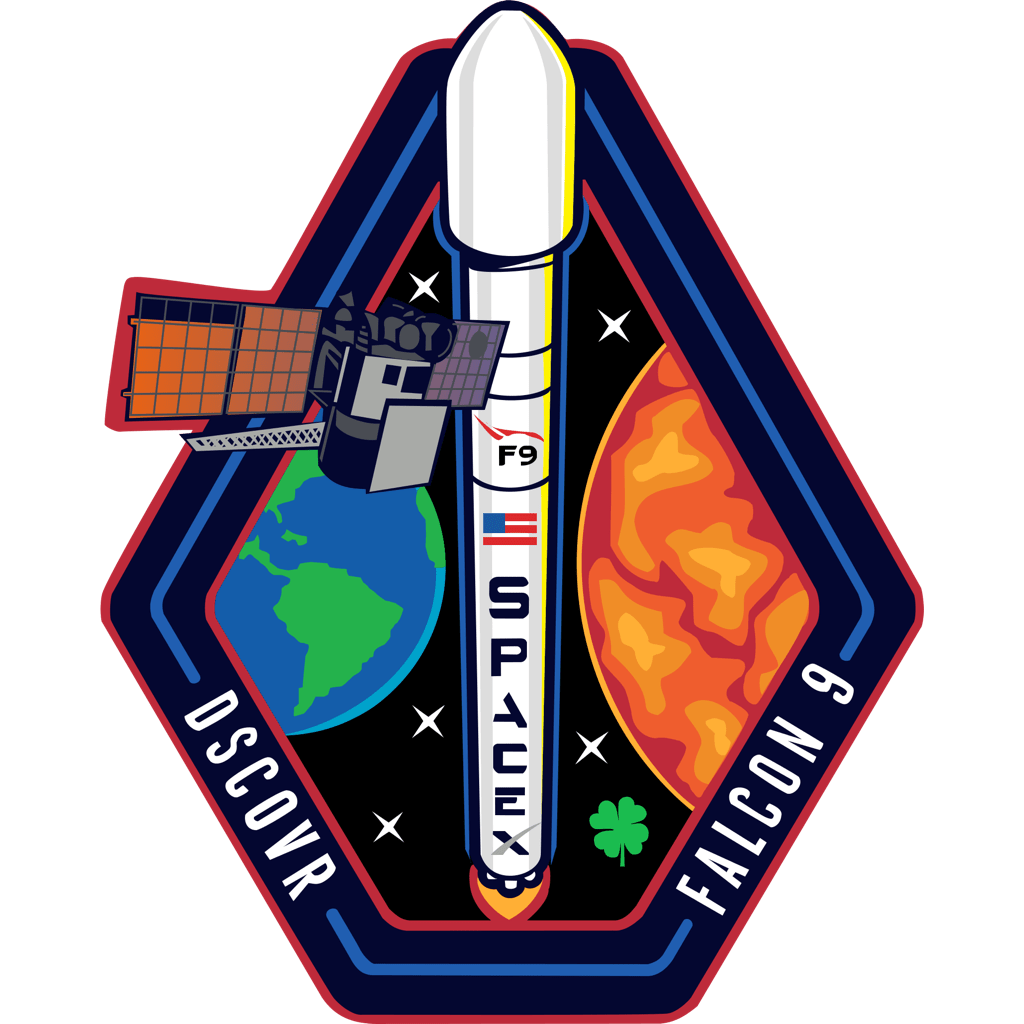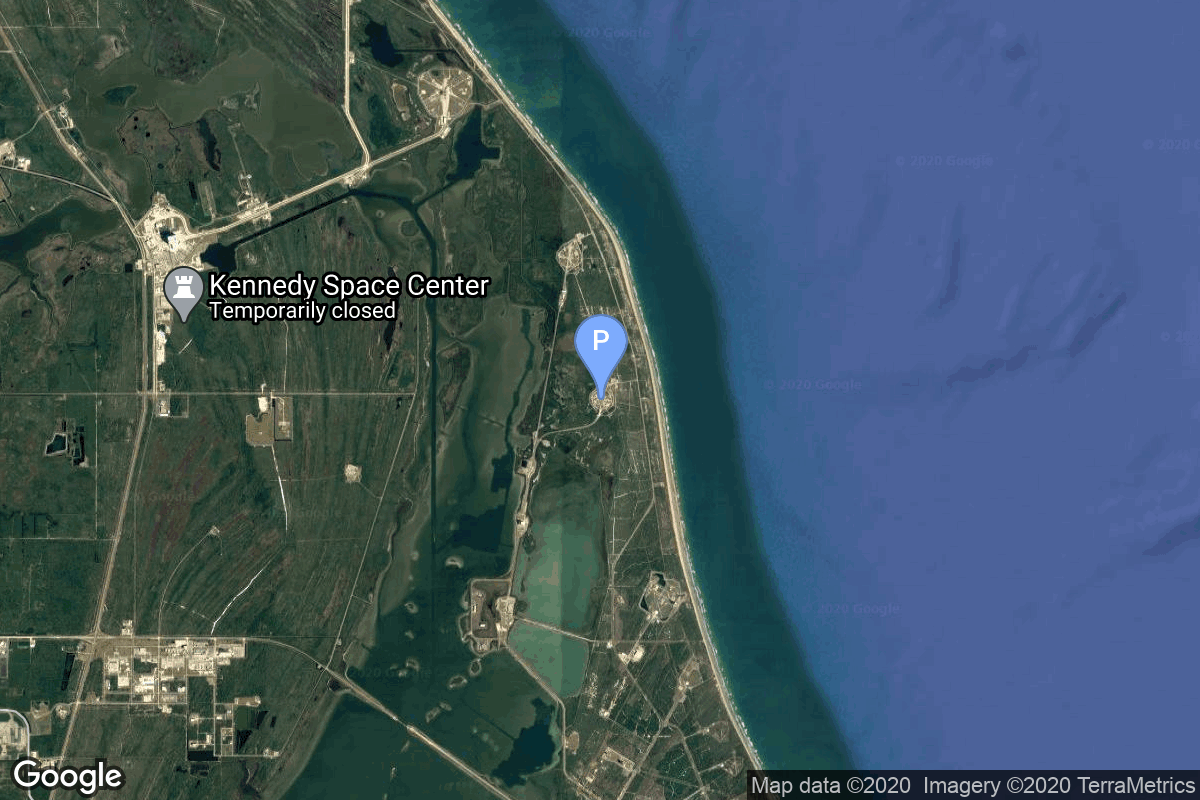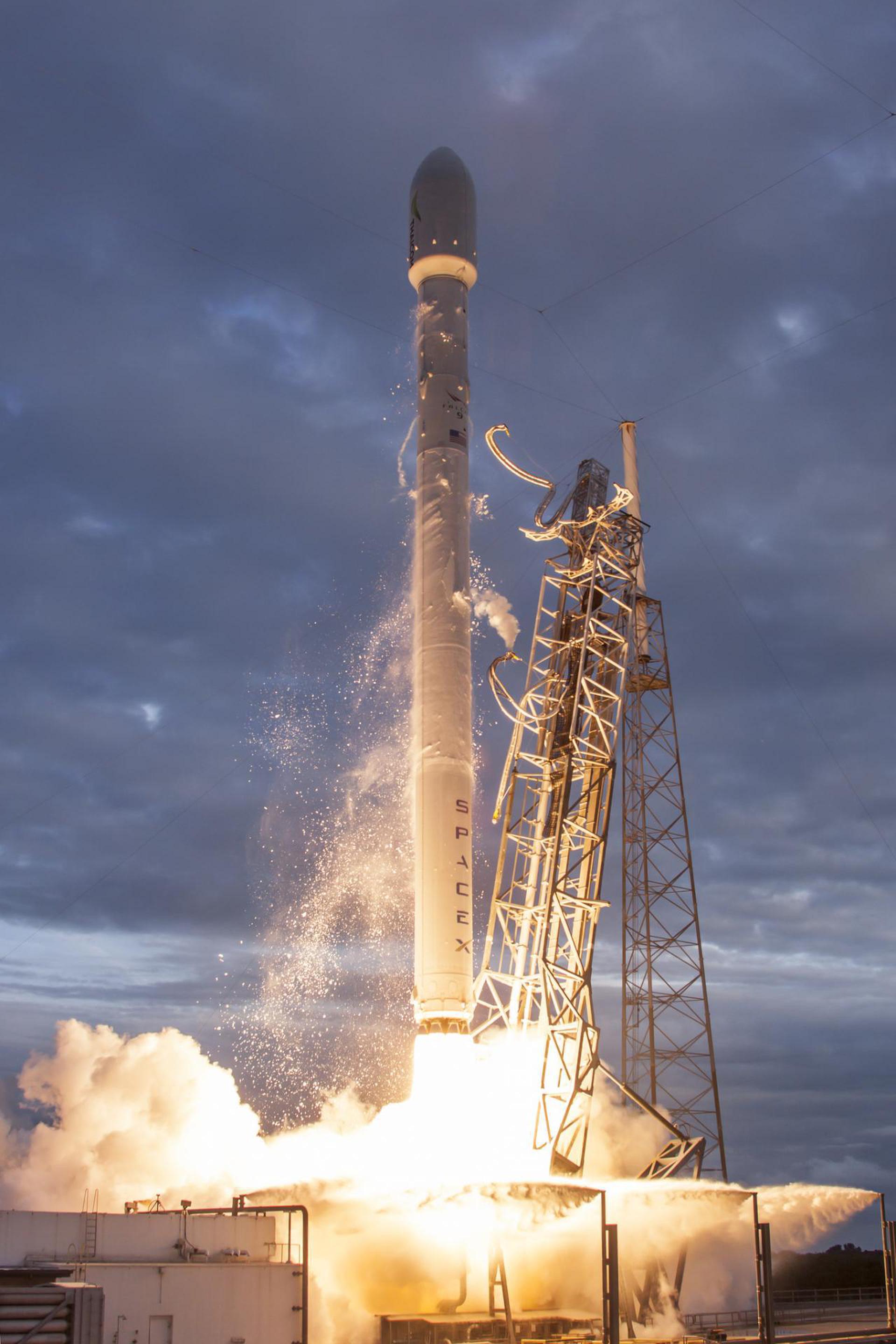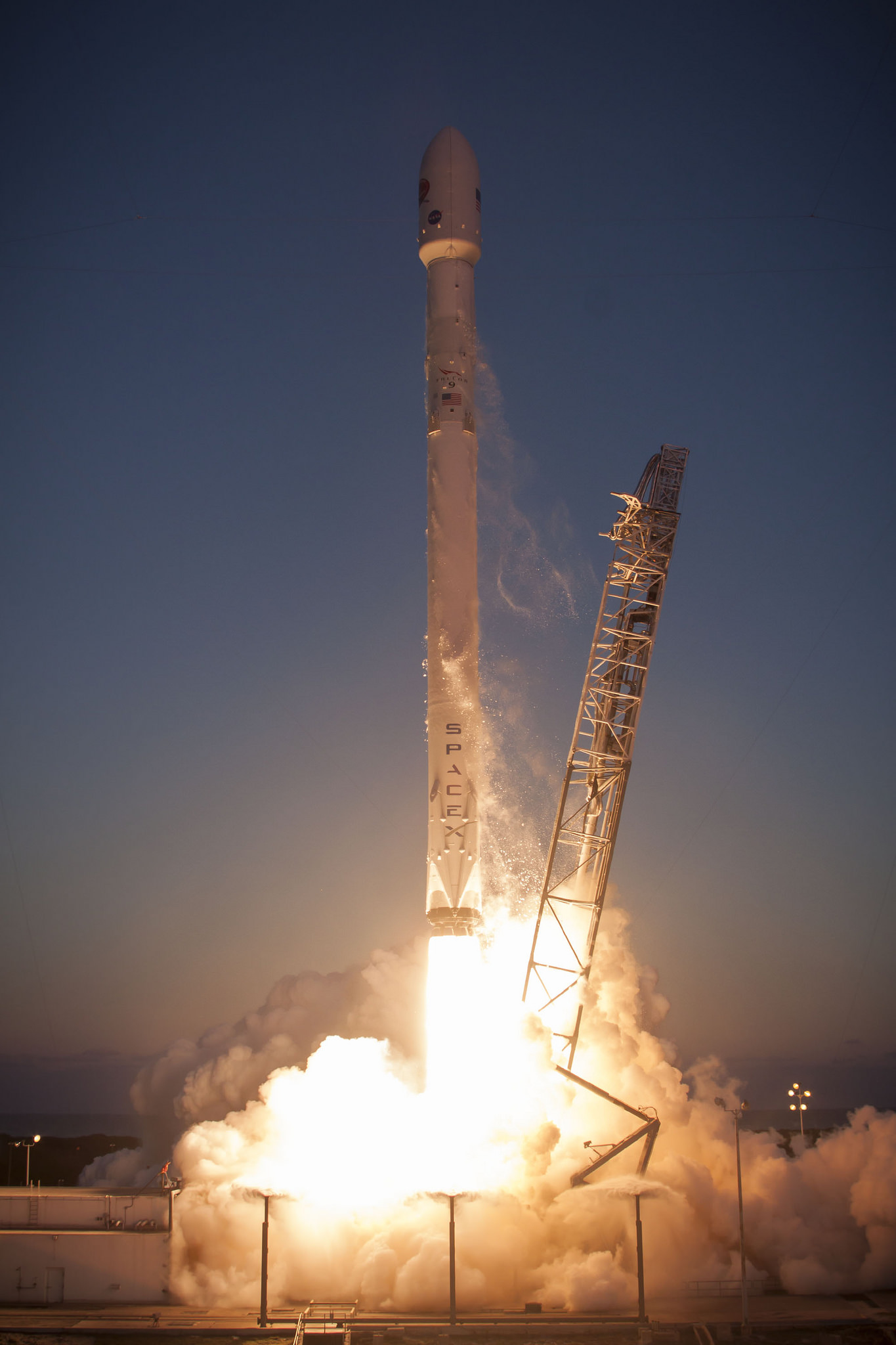DSCOVR
Falcon 9
SpaceX
Mission
DSCOVR
- Type: Earth Science
- Orbit: Heliocentric L1
- Launch Cost: $61,200,000
A SpaceX Falcon 9 rocket will launch the Deep Space Climate Observatory for the U.S Air Force, NOAA and NASA. DSCOVR will be positioned at the L1 libration point to monitor space weather and Earth’s climate.
Location
Space Launch Complex 40
Cape Canaveral, FL, USA
Space Launch Complex 40 has witnessed the launch of 230 rockets, including 230 orbital launch attempts, while Cape Canaveral, FL, USA, has been the site for 940 rocket launches.
Rocket
SpaceX Falcon 9 v1.1
Falcon 9 v1.1 is a significantly redesigned version of the its predecessor, including a higher payload capacity. This version arranges the engines in a structural form SpaceX calls an Octaweb.
Landing
Core B1013
Booster B1013 last launched 02/11/2015 and has seen 0 successful launches and landings. Broke up after sucessful water landing
Atlantic Ocean – ATL
Atlantic Ocean
Ocean – Ocean
No recovery attempt
Agency
SpaceX
Space Exploration Technologies Corp., known as SpaceX, is an American aerospace manufacturer and space transport services company headquartered in Hawthorne, California. It was founded in 2002 by entrepreneur Elon Musk with the goal of reducing space transportation costs and enabling the colonization of Mars. SpaceX operates from many pads, on the East Coast of the US they operate from SLC-40 at Cape Canaveral Space Force Station and historic LC-39A at Kennedy Space Center. They also operate from SLC-4E at Vandenberg Space Force Base, California, usually for polar launches. Another launch site is being developed at Boca Chica, Texas.




